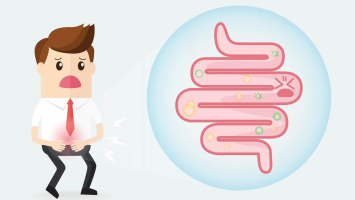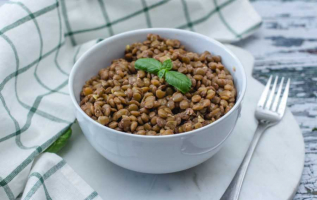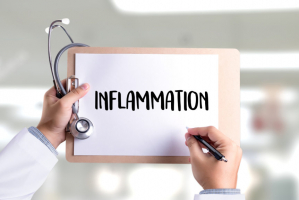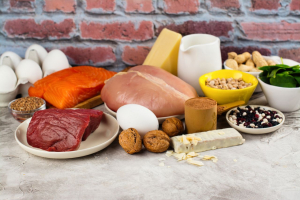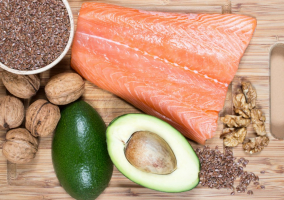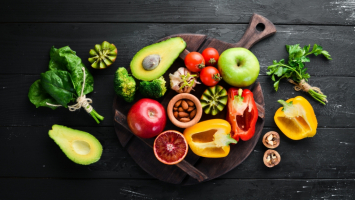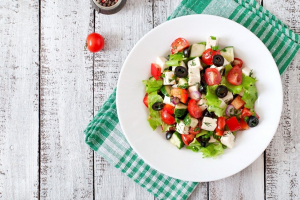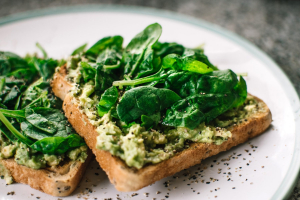Top 5 Foods That Cause Inflammation
Depending on the circumstance, inflammation can be beneficial or harmful. On the one hand, it's your body's natural defense mechanism against disease or ... read more...injury. It can help in healing and help your body in fending off disease. However, sustained, chronic inflammation has been associated with a higher risk of conditions like diabetes, heart disease, and obesity. It's surprising how your diet can have a big impact on inflammation in your body. Below are some foods that can lead to inflammation you should stay away from!
-
The two main sources of added sugar in the Western diet are high fructose corn syrup (HFCS) and table sugar (sucrose). High fructose corn syrup has about 45% glucose and 55% fructose compared to sugar's 50% glucose and 50% fructose.
The fact that additional sugars can worsen inflammation, which can result in disease, is one of the reasons why they are bad for you. According to one study, mice fed diets high in sucrose developed breast cancer that spread to their lungs in part because of the inflammatory reaction to sugar. In a different study, mice fed a high-sugar diet showed reduced omega-3 fatty acid anti-inflammatory properties. Sugar's excess fructose content makes it potentially hazardous as well. Fructose found in modest amounts in fruits and vegetables is acceptable, but it's not a good idea to consume added sugars in excessive quantities.

Sugar and high-fructose corn syrup 
Sugar and high-fructose corn syrup -
The least healthy fats you can eat are most likely artificial trans fats. Unsaturated fats, which are liquid, are turned into them by adding hydrogen to give them the stability of more solid fat.
Trans fats are frequently listed on ingredient labels as partly hydrogenated oils. Trans fats are typically present in margarine and are frequently used to increase the shelf life of processed goods. Artificial trans fats have been demonstrated to trigger inflammation and raise the risk of disease, in contrast to naturally occurring trans fats present in dairy and meat. Trans fats may reduce HDL (good) cholesterol as well as endothelial cell function in your arteries, which is a risk factor for heart disease. Consuming trans fats made artificially is linked to higher levels of inflammatory markers like C-reactive protein (CRP). In fact, in one study, women who reported consuming the most trans fats had CRP levels that were 78% higher.

Artificial trans fats 
Artificial trans fats -
In the United States, vegetable oil consumption has risen by 130% throughout the 20th century. Some scientists think that because soybean oil has a particularly high concentration of omega-6 fatty acids, it causes inflammation.
Even though adults do require some dietary omega-6 fats, the average Western diet provides significantly more than is required. In fact, to enhance your omega-6 to omega-3 ratio and gain the anti-inflammatory benefits of omega-3s, health professionals advise eating more omega-3-rich foods, such as fatty fish. Some studies suggest that vegetable oil’s high omega-6 fatty acid content may promote inflammation when consumed in high amounts. Linoleic acid, the most prevalent dietary omega-6 acid, did not influence inflammatory markers, according to controlled research. Before any judgments can be drawn, more investigation is required. Cooking oils made from vegetable and seed oils are a common component of processed foods.

Vegetable and seed oils 
Vegetable and seed oils -
Carbohydrates have a poor reputation. The truth is that not all carbohydrates cause health risks. For thousands of years, prehistoric ancestors ate grasses, roots, and fruits, which are high in fiber and unprocessed carbohydrates.
But eating refined carbohydrates might make inflammation worse. Most of the fiber has been removed from refined carbohydrates. Fiber encourages fullness, improves blood sugar control, and feeds the beneficial bacteria in your stomach. Researchers hypothesize that the current diet's refined carbohydrates may promote the development of gut bacteria that raises your risk of obesity and inflammatory bowel disease. The glycemic index (GI) of refined carbohydrates is higher than that of unprocessed ones. Young, healthy males who consumed 50 grams of white bread's refined carbs showed increased blood sugar levels and higher levels of a specific inflammatory marker in a controlled trial. Candy, bread, pasta, pastries, some cereals, cookies, cakes, sugary soft drinks, and all processed foods with added sugar or flour including refined carbs.
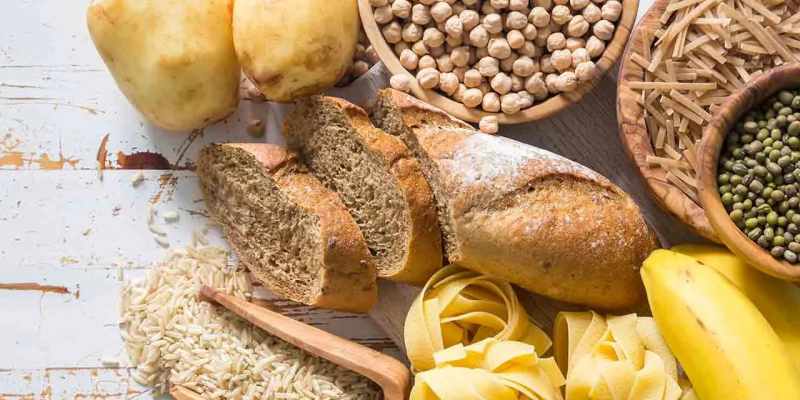
Refined carbohydrates 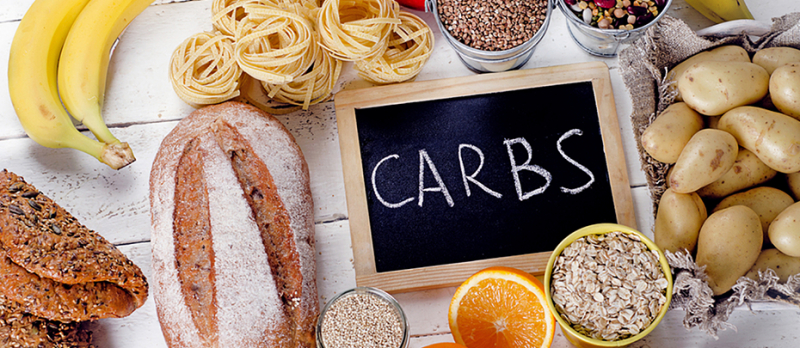
Refined carbohydrates -
It has been demonstrated that drinking alcohol in moderation offers certain health advantages. However, larger doses can cause serious issues. Alcohol-induced inflammation causes changes in the entire body and puts you at greater risk for various health conditions.
In one study, those who drank alcohol had higher levels of the inflammatory marker CRP. Their CRP levels have risen in direct proportion to the amount of alcohol they drank. Heavy drinkers may experience issues with bacterial toxins entering the body through the gut. This disorder, often known as "leaky gut", can cause inflammatory processes that harm organs. Consuming alcohol can trigger inflammation across the entire body, including in the gut, liver, face, joints, and brain. Alcohol can cause two types of inflammation: acute inflammation and chronic inflammation. Alcohol consumption should be kept to two standard drinks per day for males and one for women in order to prevent health issues associated with alcohol.

Excessive alcohol 
Excessive alcohol








